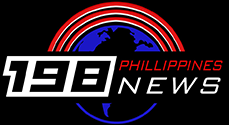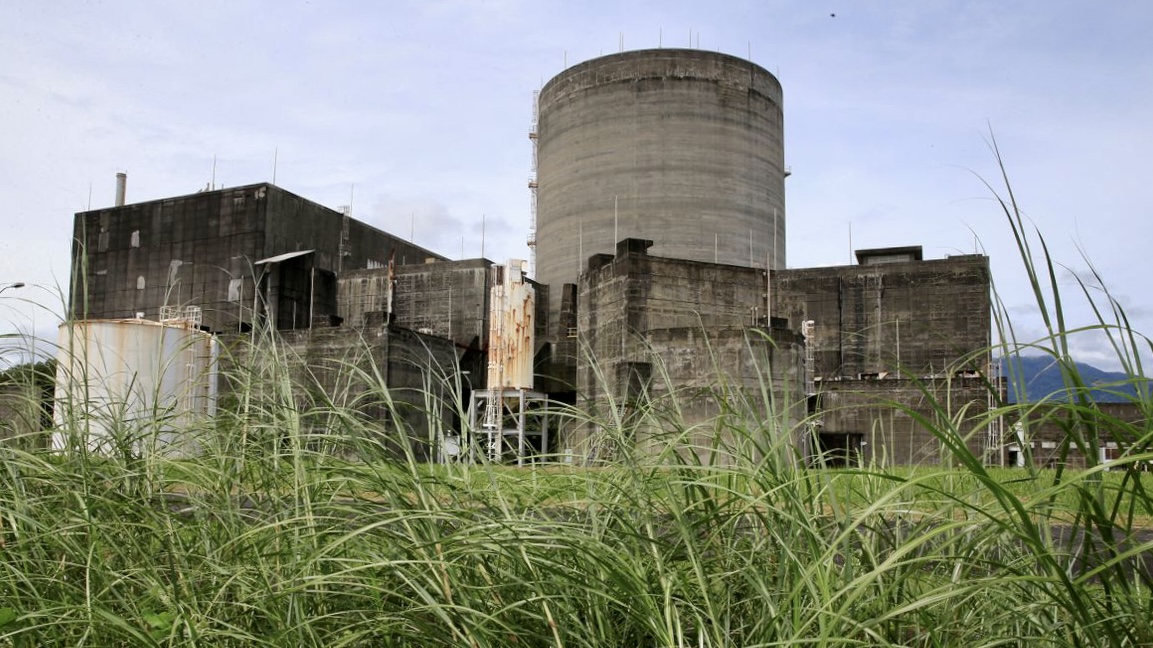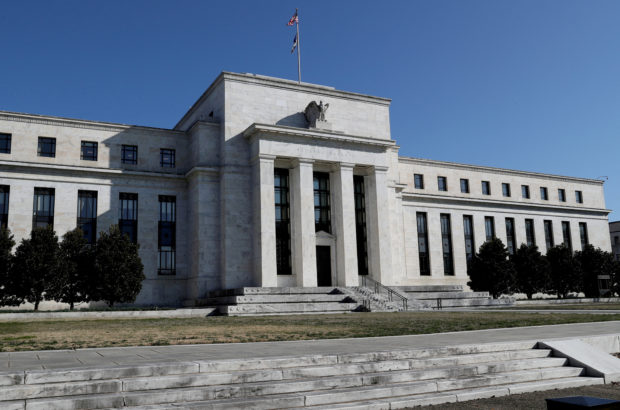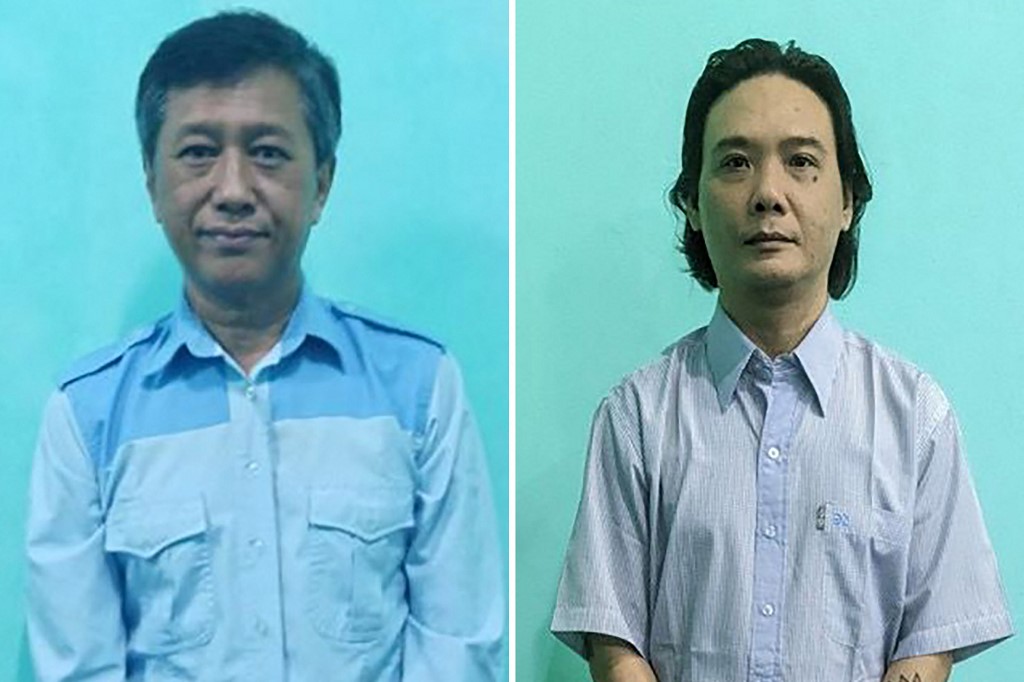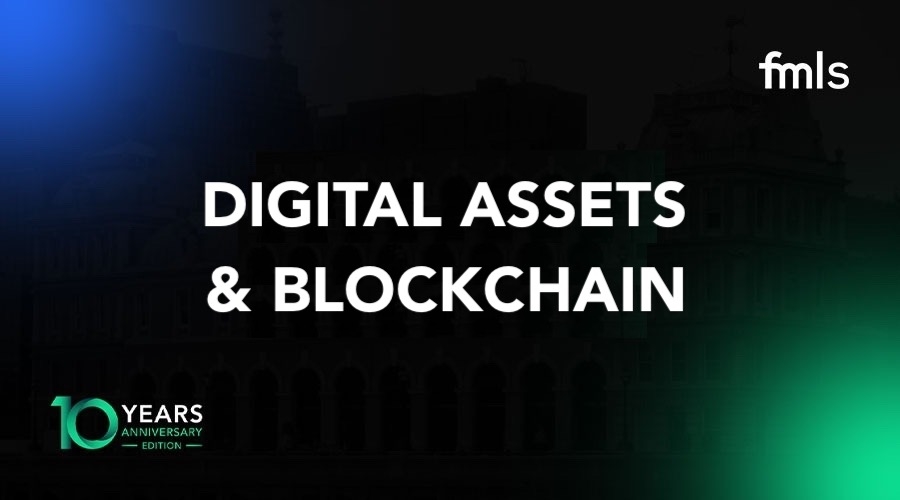[ad_1]
To raised perceive this resolution, and on the event of World Radio Day on 13 February, which is being celebrated underneath the theme “Radio and Belief”, UN Information spoke to the ITU’s Director of Radiocommunication, Mario Maniewicz, who started by explaining the medium’s significance in Africa.
This interview was performed in French and has been edited and tailored for publication.
Mario Maniewicz: In Africa, Radio broadcasting nonetheless reigns supreme over different types of mass media channels. Radio is a strong medium for celebrating humanity in all its range and constitutes a platform for democratic discourse. On the world stage, radio stays essentially the most extensively consumed medium. This distinctive capability to succeed in out the widest viewers means radio can form a society’s expertise of range, stand as an enviornment for all voices to talk out, be represented and heard.
Apart from this, radio helps listeners really feel much less remoted and extra linked to their neighborhood. In instances of emergency and catastrophe, radio broadcasting is likely one of the strongest and efficient methods of delivering early warnings. Well timed, related, and sensible info helps efficient response measures and saves lives. For folks straight affected, it comes as an important type of humanitarian help. As now we have seen throughout the COVID-19 pandemic, radio has saved folks linked and entertained, ensured continuity in studying, helped struggle misinformation, and disseminated important well being info.
The ITU lately introduced the identification of latest FM frequencies for Africa. What’s the significance?
Mario Maniewicz: Over time now we have seen a gentle enhance in demand for high quality radio broadcasting in Africa. This enhance additionally means there’s stress on the accessible radio frequencies and particularly for FM radio broadcasting. During the last two years, ITU in collaboration with the African Telecommunications Union and radiocommunication specialists have been engaged on a undertaking to determine new frequencies that will facilitate the growth of FM radio broadcasting companies throughout the continent.
We’ve got been capable of determine over 18,000 frequency assignments that may now be used for FM Broadcasting in Africa with out inflicting or receiving dangerous interference. The success of this undertaking helps to safe the long-term sustainability of African radio broadcasting and paves the best way for the introduction of digital sound broadcasting in Africa.
There have been loads of adjustments within the media panorama in recent times. The place does the ITU assume radio is headed?
Mario Maniewicz: This 12 months marks 127 years because the first radio transmission was made by Guglielmo Marconi in 1895 on the Isle of Wight, which led ultimately to the signing of the Worldwide Radiotelegraph Conference in 1906. All through this era, the Worldwide Telecommunication Union (ITU) has performed a central position in advancing the medium worldwide, establishing and updating worldwide laws on using the radio-frequency spectrum and satellite tv for pc orbits. These laws additionally prescribe how radio tools and methods should function to make sure dependable coexistence amongst radio companies of various administrations and to allow essentially the most environment friendly utilization of in the present day’s more and more crowded airwaves.
So, radio continues to be going robust and at ITU we’ll proceed to function the steward of worldwide airwaves, guaranteeing we will join safely, sustainably, and innovatively for hundreds of years to come back. Accessible and inexpensive, radio can attain virtually everybody, in every single place. Its loyal listeners embrace folks in massive cities, these in small cities and villages, these in rural communities, and even these in essentially the most remoted locations on the planet.
A part of folks’s belief in radio is because of its low value and ubiquitous nature. Radio stays inexpensive and will be listened to in every single place, even when electrical energy or web connectivity aren’t dependable. Radio is thereby one of the vital well-liked technique of communication, utilized by an awesome majority of individuals. In my opinion, radio leaves nobody behind.

UNAMA/Fardin Waezi
Inside an Afghan radio studio, the place girls’s voices name for democracy and human rights.
Do you see conventional radio broadcasting by frequency turning into out of date and in some way leaving folks behind?
Mario Maniewicz: I feel there’ll all the time be a spot for over-the-air radio. Regardless that increasingly more persons are connecting with different digital platforms, or on-line, there are nonetheless people who find themselves both not linked, or they do not have electrical energy, or they’re in distant locations the place these applied sciences aren’t simply accessible, or they lack the financial means to make use of this different platform.
So, I feel that broadcast radio is all the time going to be well-liked, beginning with the truth that it is fully free. It is the one one among all these platforms that’s fully free. For the others, you need to pay for connectivity, you need to pay for particular tools, however right here it isn’t. So, I feel there’ll all the time be a spot for it, perhaps not in developed nations, or in massive cities, however in creating nations, in rural areas, extra remoted, the place folks haven’t got very excessive requirements of dwelling, it’ll all the time be essentially the most widespread means.
You talked about the belief that folks have in radio, which is the theme for this 12 months’s World Radio Day. You additionally mentioned that it’s a platform for democracy. Are you able to come again to this relationship of belief that folks have in the direction of radio?
Mario Maniewicz: Completely. We’re in a world the place pretend information is unfold in every single place and causes harm to everybody, however the platforms par excellence for this type of factor are social networks. As a result of with social networks, there is no such thing as a particular person duty. Folks can publish what they need with out being chargeable for what they publish.
Alternatively, with radio, there’s all the time an individual chargeable for the radio programme that we’re listening to. So, if that you’re listening to a severe station, that the potential for bouncing round, of latest types and could be very low, or nil, or non-existent. In order that’s why I feel that broadcast radio is extra dependable for folks than different on-line platforms.
I discussed democracy as a result of, usually, radio stations give house to everybody to precise themselves, to all political colors and to all actors of the neighborhood. So, it’s a common software to speak and to precise themselves to the remainder of the inhabitants…I feel the distinction is that radio is extra clear.
Thanks very a lot Mr. Maniewicz. Do you might have a ultimate message on World Radio Day?
Mario Maniewicz: Effectively, my message is exactly to make the most of this implies, of this medium, which is the common medium par excellence and to defend this implies, this medium. As a result of it’s all the time underneath assault by new applied sciences. Not as a result of they compete — that is not an issue — however as a result of the provision of radio waves for radio is being more and more contested by different companies.
So, I feel it’s important for governments and regulators in nations to defend the airwaves which might be assigned to radio broadcasting, both analogue or digital. And it’s exactly by going to digital radio that we save spectrum and due to this fact we will unencumber extra spectrum with out killing radio.
[ad_2]
Source link
